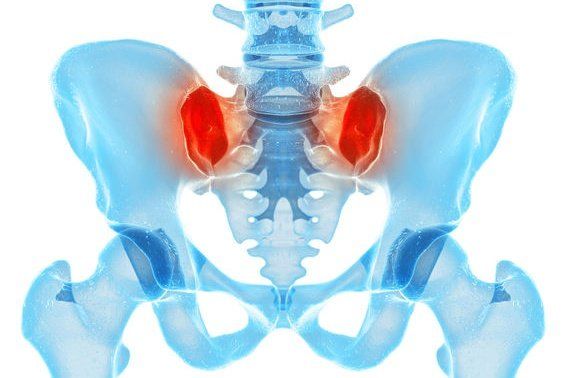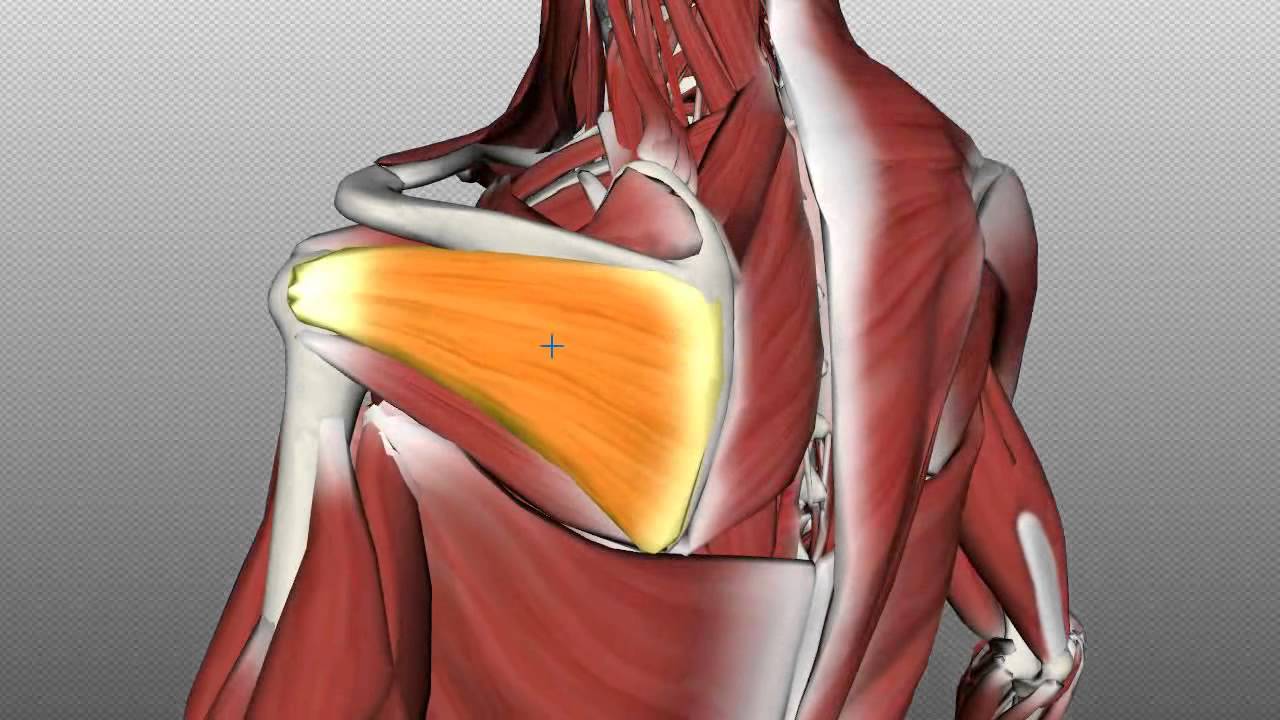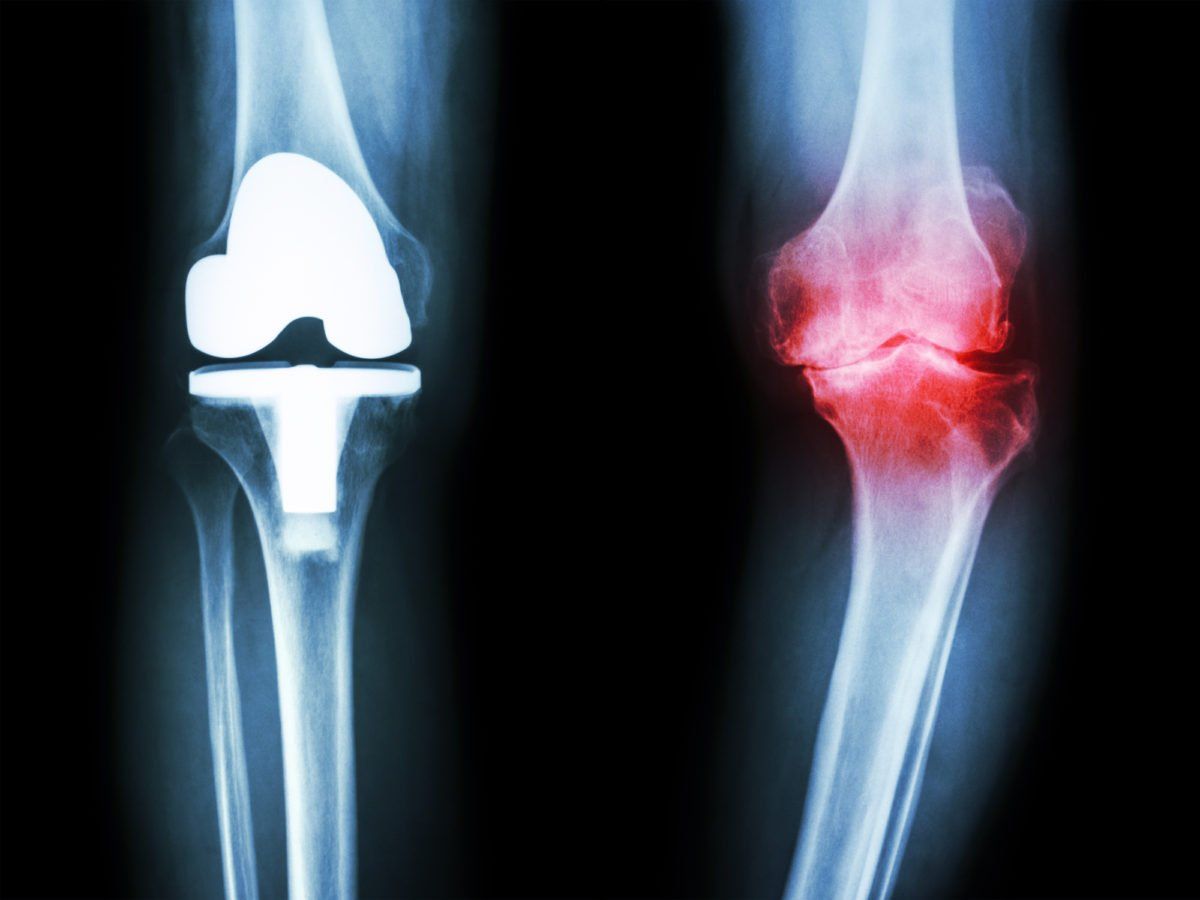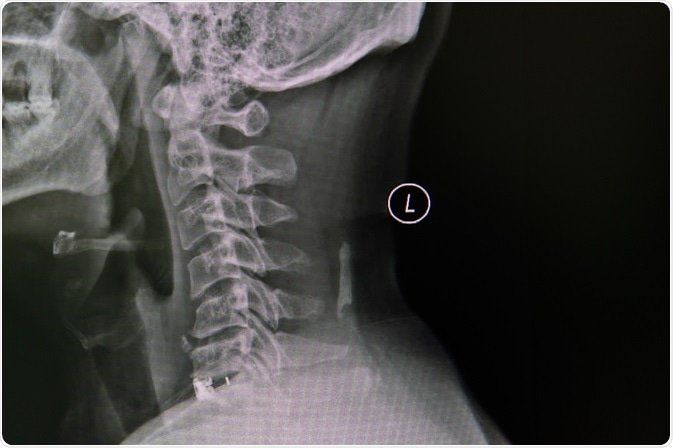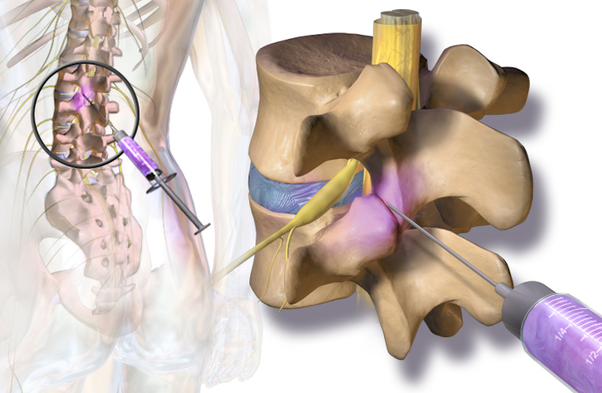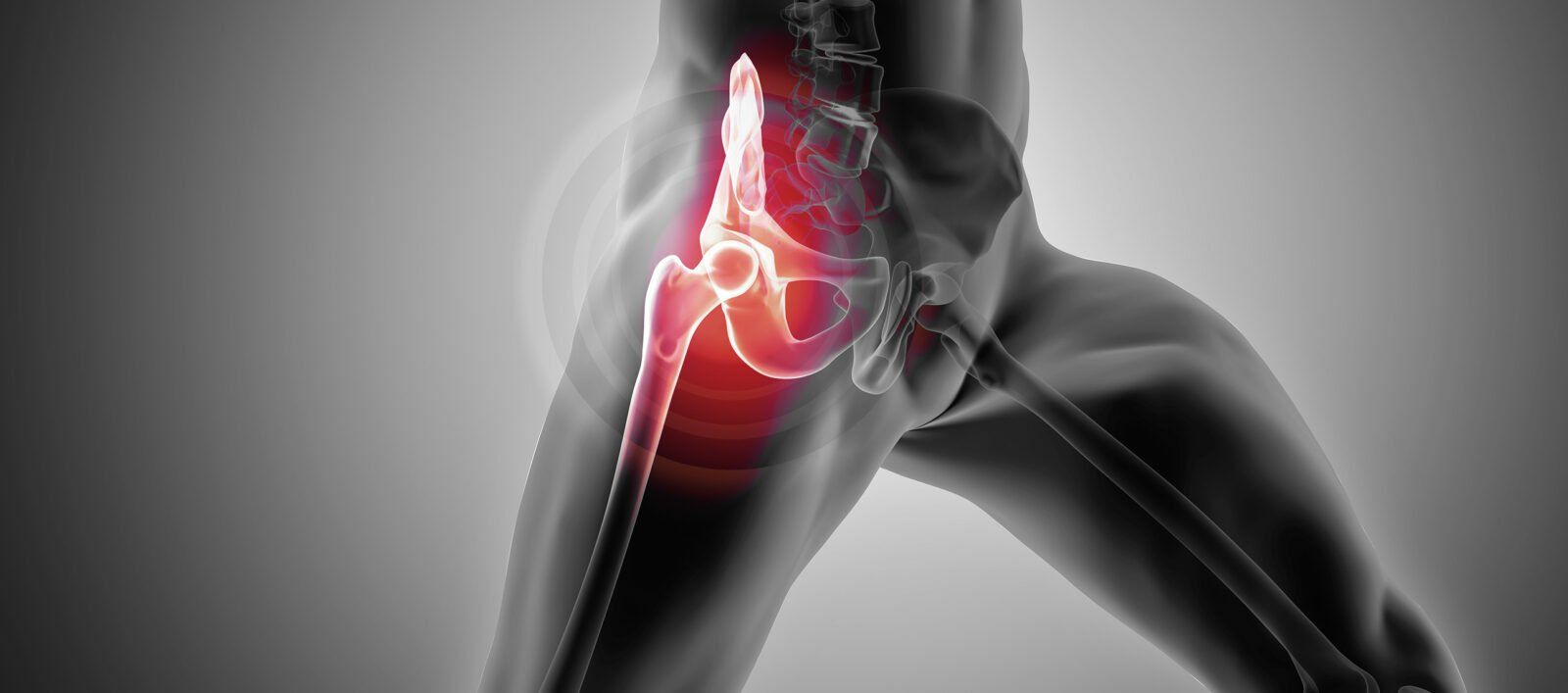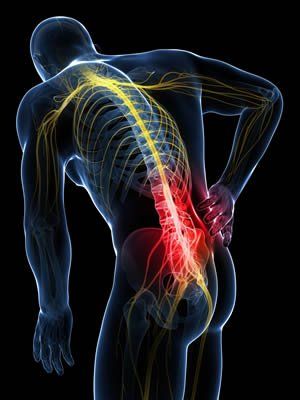Services
Genicular Nerve Block & Radiofrequency Ablation
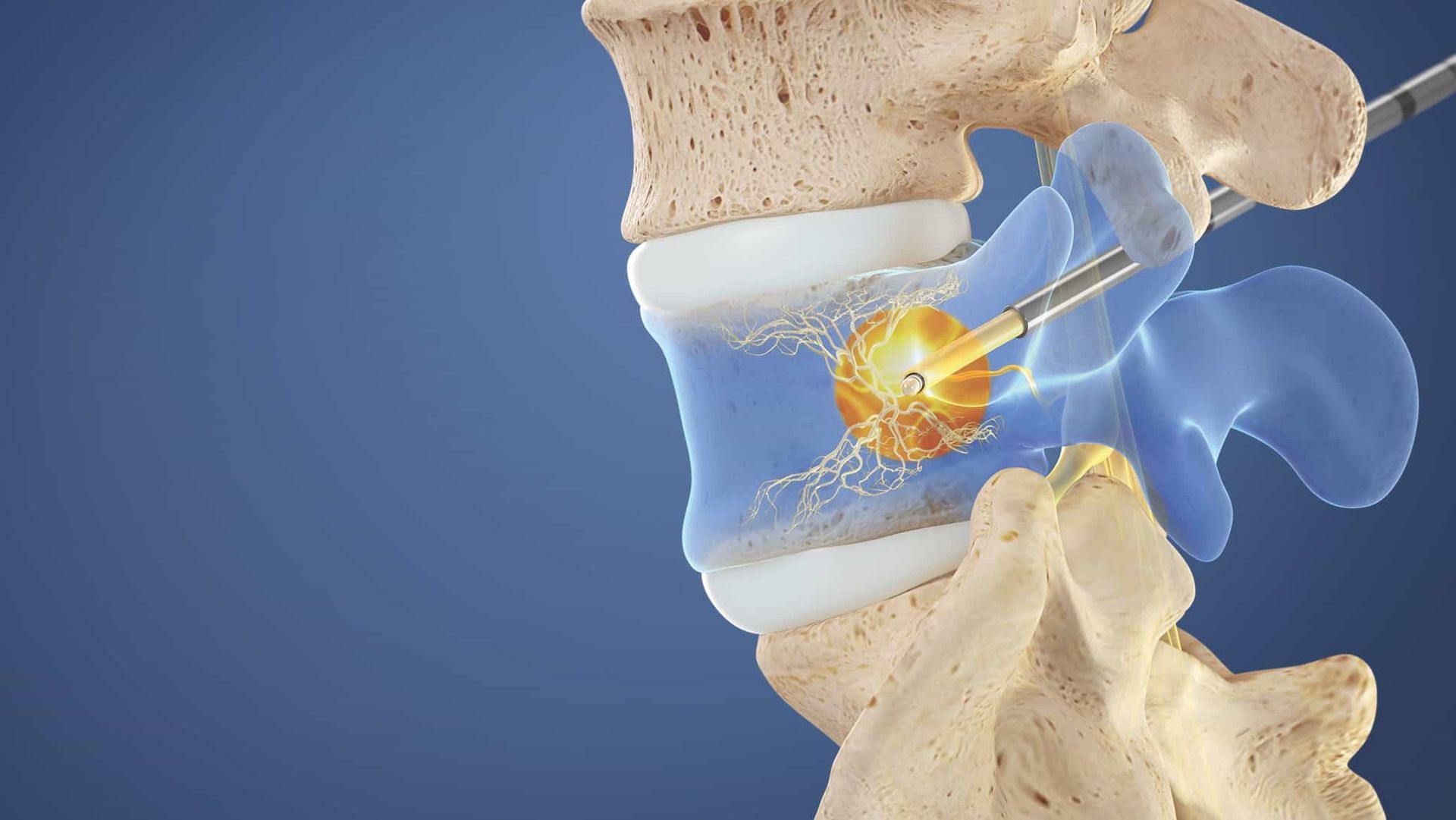
What are the Genicular Nerves?
The genicular nerves are small sensory nerves around the knee that carry pain signals from the knee joint to the brain. For patients with chronic knee pain—often from arthritis or after knee surgery—treating these nerves can reduce pain and improve function.
What is a Genicular Nerve Block?
A genicular nerve block is a diagnostic procedure in which a small amount of numbing medication (local anesthetic) is injected near the genicular nerves.
- Purpose: To determine if these nerves are contributing to your knee pain.
- What to expect: If your pain improves significantly after the injection, you may be a good candidate for a longer-lasting treatment called radiofrequency ablation (RFA).
What is Radiofrequency Ablation (RFA)?
Radiofrequency ablation uses a special needle to apply heat to the genicular nerves, interrupting their ability to send pain signals.
- Goal: Provide longer-lasting pain relief compared to a nerve block alone.
- Duration of relief: Many patients experience relief for 6–12 months or longer. The nerves may regenerate over time, and the procedure can be repeated if needed.
Who is this for?
- Patients with chronic knee pain that has not improved with medications, physical therapy, or injections.
- Patients with knee arthritis who are not ready or not candidates for knee replacement surgery.
- Patients with persistent pain after knee surgery.
How is the Procedure Done?
- You will lie comfortably on a procedure table.
- The skin over your knee will be cleaned and numbed with local anesthetic.
- Using X-ray or ultrasound guidance, the physician places thin needles near the target nerves.
- For a nerve block, numbing medicine is injected.
- For RFA, after numbing, the physician uses radiofrequency energy through the needle to heat the nerve tip and reduce pain signal transmission.
- The procedure usually takes 20–40 minutes.
After the Procedure
- You may feel soreness at the injection site for a few days.
- Pain relief may be gradual, taking a few weeks after RFA.
- Activity is generally light for the first 24 hours, then you may resume normal activities.
Expected Results
- Many patients report significant reduction in knee pain, improved mobility, and better quality of life.
- The effect is temporary but often long-lasting. If pain returns, the procedure can be repeated.
Risks (Uncommon)
- Temporary soreness or bruising at the injection site
- Rare infection or bleeding
- Nerve irritation or temporary numbness

